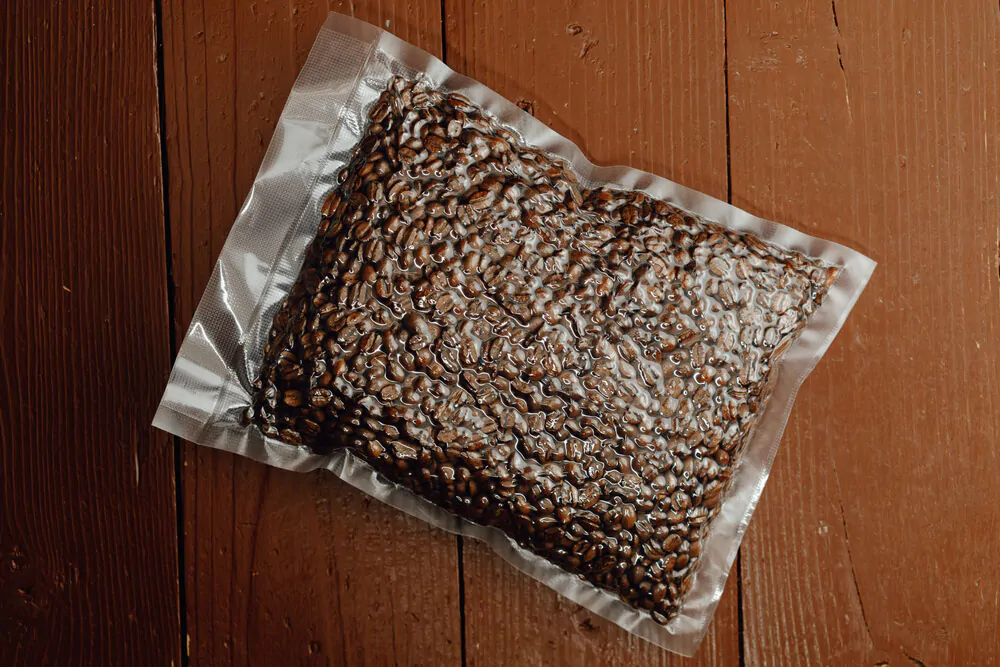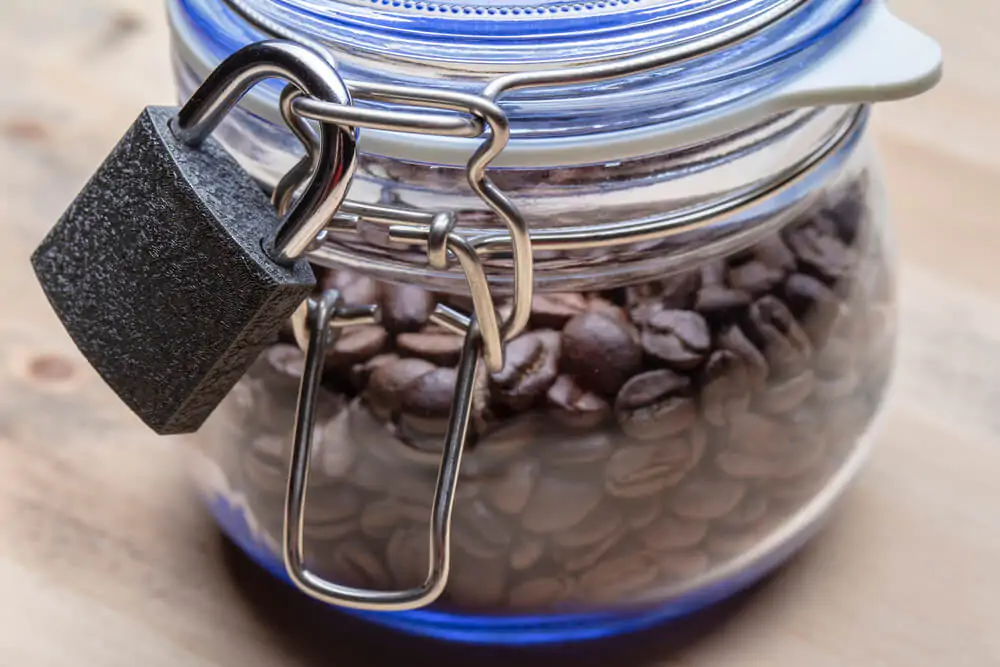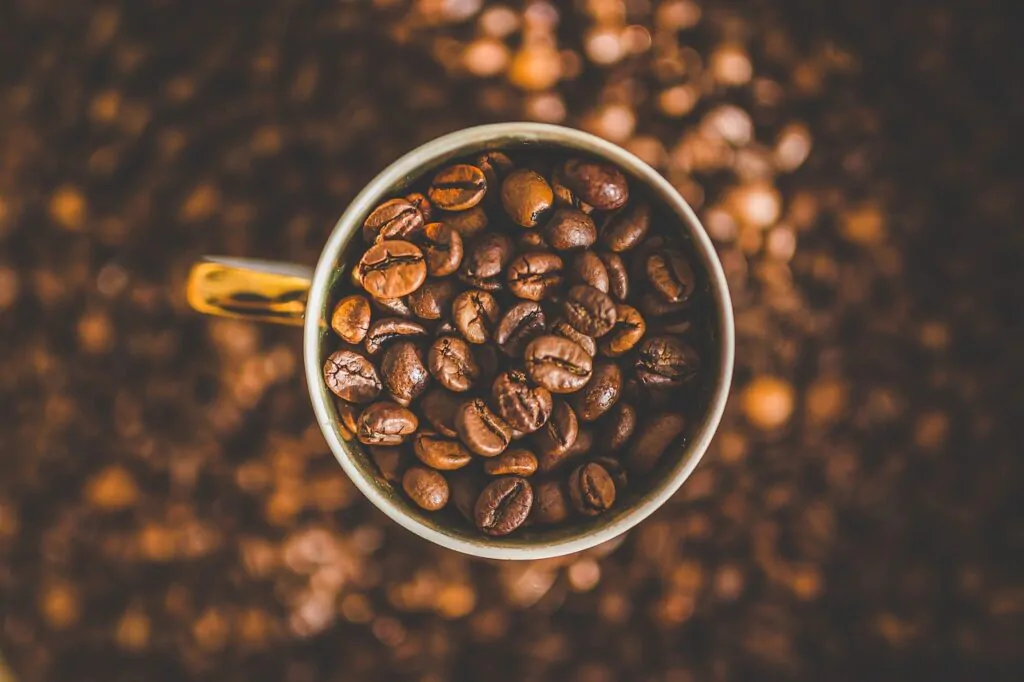Preserving coffee beans is not simple, but can you vacuum seal coffee beans? This article tackles the technique and explores if worth it.

The freshness of coffee is the primary secret to success. Stale coffee beans don’t make as good a cup as fresh, and most coffee-lovers have devoted more time than is probably reasonable to the problem of keeping a bag of beans fresh for as long as possible. Finding a consistent way to make sure your beans stay as fresh as possible for as long as possible may be a strong concern.
Can you vacuum seal your coffee beans? The basic answer to this question is yes. Does vacuum-sealing keep coffee beans fresh?
Is it a good option for prolonging the shelf life of a big bag, or is it just wasted effort? Read on to find out more.
Can you Vacuum Seal Coffee Beans? Delaying The Inevitable

Unfortunately, there is no method that will keep your coffee beans tasting fresh indefinitely. From the moment the farmer picks the coffee cherries, the clock begins to tick–and the process of drying and roasting the coffee beans only speeds things up further.
Fortunately, it’s fairly easy to slow the process down, too: limit contact with light, air, and humidity. These are the very conditions that vacuum-sealing promises, and that’s one reason why so many coffee producers and coffee lovers alike use this method to extend the life of their beans.
Keeping Things Fresh Isn’t Always So Simple

Most producers who pack their beans in a vacuum-sealed bag or container don’t just suck all of the air inside then out of the bag and send it out of the door like that. There are gases and various other compounds that exist in coffee beans, and one of the byproducts of the roasting process is the buildup of carbon dioxide.
That gas can’t just hang around in the bag; not only does it contribute to the breakdown of the beans, but it can become explosive under pressure, which is why most vacuum-sealed bags of coffee beans you’ll find have some sort of valve on the side. This lets the carbon dioxide out without letting oxygen or humidity in.
Of course, by the time you get your hands on a bag of coffee beans, most of that gas has already dissipated, so in the home setting, there’s not much risk of an exploding vacuum bag in your pantry or cabinet.
The real question is to what degree vacuum sealing your coffee will prolong its life. Just by moving your coffee from one container to another, you’re exposing it to air, light, and humidity–all the things that make coffee break down faster. Of course, the vacuum sealing process removes two of those elements directly, and as long as you use an opaque bag or container, you can avoid the third.
According to most studies on the subject of vacuum-sealing coffee beans, if you put your beans directly into a vacuum-sealed container after opening the bag, you can get three to six months out of them before oxidation begins to impact the flavor.
Studies also show that whole bean coffee holds up better and for a longer time than ground coffee, so it’s a good idea to stick with whole bean coffee if you decide to vacuum seal coffee beans for longer shelf life. The easiest option is to buy coffee as fresh as possible and drink it as quickly as you can. If you liked this post, you might enjoy our guide on the best way to store coffee beans.
